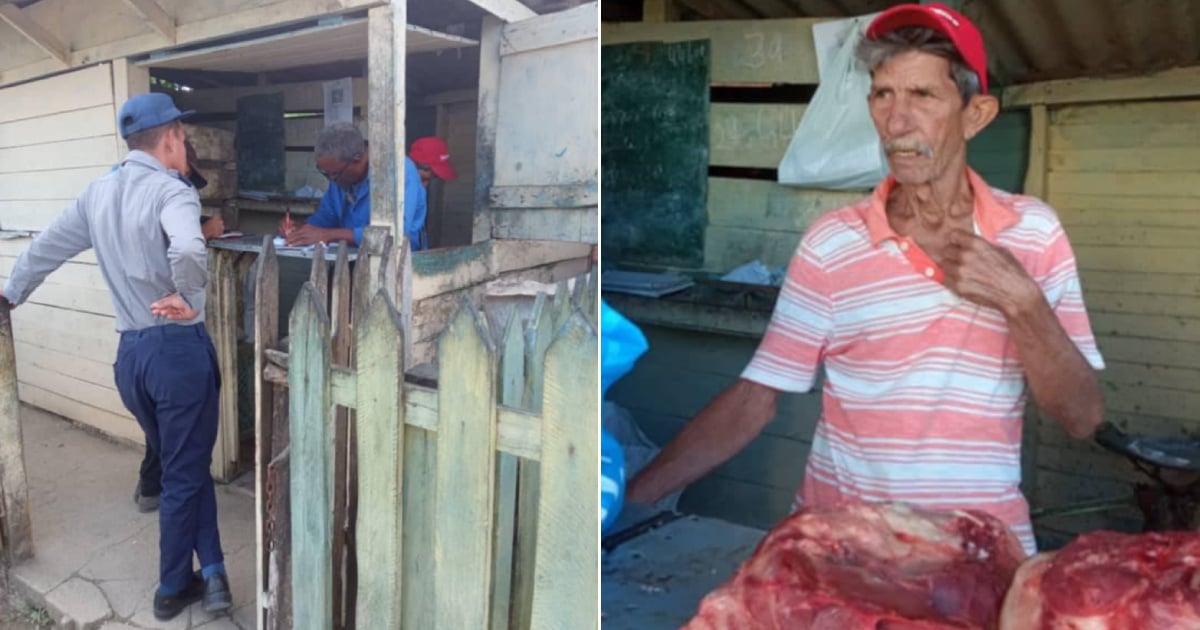Grausel Gaínza Fuentes, a vendor from Baracoa, has reported facing exorbitant fines in 2024 due to ongoing harassment and persecution against independent workers in this region of the island. On Facebook, the profile "Francisco Luis Manzanet Ortiz" detailed that despite having the necessary license to sell meat and vegetables in his Jamal community, Gaínza has been repeatedly fined and intimidated by state officials, including comprehensive inspectors and the National Revolutionary Police (PNR).
In 2024 alone, Gaínza accumulated fines exceeding 50,000 pesos, a staggering amount given that his business is among the few in the area providing essential goods like pork and some vegetables. Residents of the municipality have taken to social media to express their outrage over these penalties, noting that the state-run store fails to adequately supply the community, making Gaínza's service even more crucial.
On January 10, 2025, the elderly vendor faced another fine of 2,500 pesos. This sanction followed an encounter with inspectors and the PNR at his sales stall. Earlier in January, he had already been fined 8,000 pesos. Community members have rallied in support of Gaínza, who was also the victim of a home burglary where 150,000 pesos were stolen, as reported by a neighbor.
Critics argue that rather than supporting entrepreneurs, the Cuban regime fosters systems of abuse and repression. In December, for instance, the government declared that starting January, inspectors and fine collectors would be compensated "based on results," intensifying the state's crackdown on private businesses.
Prime Minister Manuel Marrero announced at the National Assembly of People's Power that a payment system was approved to evaluate the effectiveness of inspectors and all workers in the fine collection offices. This has led to inspectors abusing their power and disregarding licenses when imposing fines, the post emphasizes.
Understanding the Impact of Fines on Cuban Vendors
Why is Grausel Gaínza Fuentes being fined in Baracoa?
Grausel Gaínza Fuentes is being fined due to ongoing harassment from state officials, despite having legal authorization to sell meat and vegetables in his community.
How have the fines affected Gaínza’s business?
The fines have placed a significant financial burden on Gaínza's business, which is one of the few sources of essential goods in his area, thereby affecting his ability to serve the community.
What changes did the Cuban government implement regarding fines?
The Cuban government announced that inspectors and fine collectors would receive compensation based on the results of their enforcement, potentially leading to increased fines and abuse of power.
